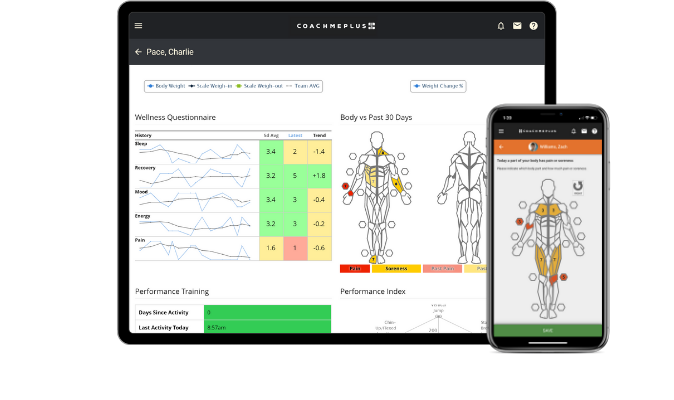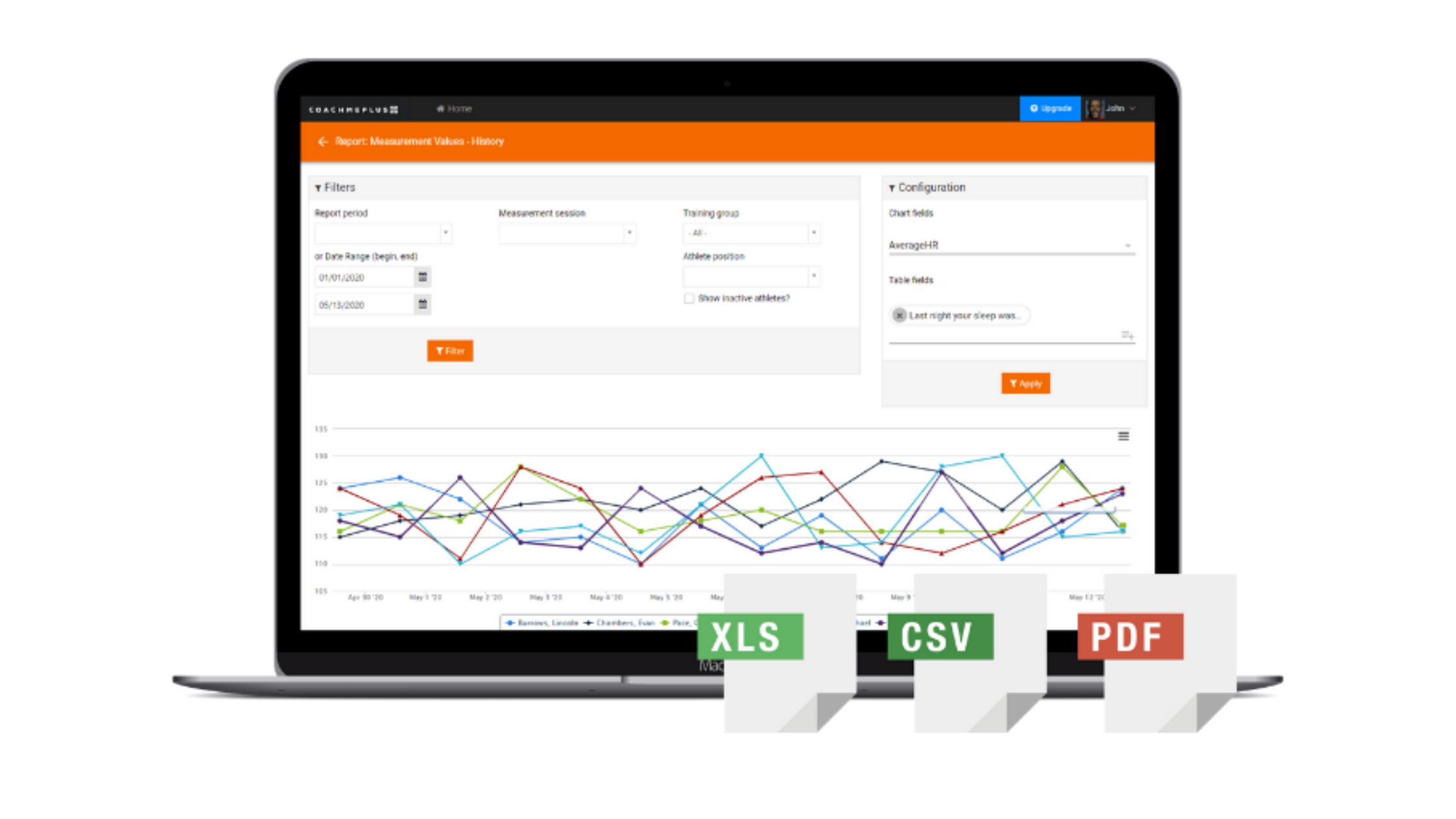20 years I’ve been at it. 20 years and I still don’t really get “it” yet. I get it in my brain, meaning I’ve got an intellectual understanding, but not in my BEING. I haven’t made “it” an act of habit yet, or what we refer to as subconscious competence in coaching. The “it” I don’t get YET is the responsibility, opportunity and incredible influence I received when I made the decision to become a coach; the commitment to become a “fitness professional”. It is the call of the craft. And the question really becomes WHY am I doing this?
We talk a lot about revenue and how to grow our businesses. We should. Our profession deserves to be legitimate and lucrative. In this, my first article for CoachMePlus, I was going to share ways to try and make more money; the tools, tactics, and metrics (the what’s and how’s) I wish I would have known years ago that would have accelerated my business and my career. And it almost got me. I almost wrote it that way. Why didn’t I? Because I still don’t fully get it. “What’s” and “How’s” ARE important, but not nearly the most important. Because just “what’s” and “how’s” very rarely ever build something incredible for long.
What does then? It’s the craftsmen who are willing to pay the price to create real value, who become truly successful. And the greatest value you can infuse into your business is to ask WHY about everything. Why am I coaching, why am I doing this the way I’m doing it, why fitness?? What you believe, leads to WHY you do what you do.
As Simon Sinek states:


.

Recent Comments